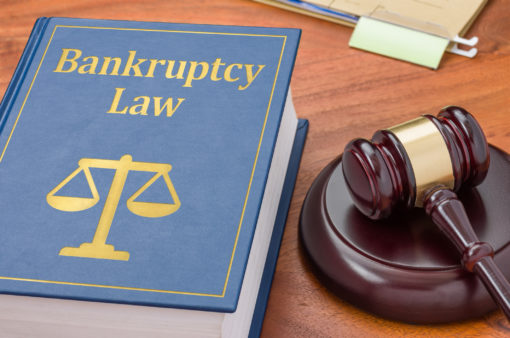
Other fraudulent actions connected to the bankruptcy procedure, such as hiding assets, lying, or deleting records, are also included in the definition of bankruptcy fraud. If you are convicted of this charge, you could face significant jail time. The good news is that there is a federal defense attorney in Santa Ana CA who can help.
Common claims in bankruptcy fraud cases
A common claim in bankruptcy fraud prosecutions is that the defendant filed a document in a bankruptcy action with the intention of committing fraud, they initiated a bankruptcy process with the intent to commit fraud, or they made false or fraudulent statements or claims in connection with a bankruptcy petition with the intention of committing fraud.
Federal prosecutors in a bankruptcy fraud prosecution must decide whether the defendant had fraudulent intent, as is the case with all crimes involving fraud. A person often behaves fraudulently when they take purposeful action, such as making an oral or written assertion that they were aware was untrue or deceptive at the time.
There are several common types of bankruptcy fraud
Bankruptcy fraud can refer to a wide variety of actions and demeanors concerning the filing of bankruptcy applications. Hiding assets is by far the most prevalent. All of your assets must be disclosed to the court when you file for bankruptcy. Including in this are cash in bank accounts, assets such as real estate and investments, and personal property.
These assets will be used by the court to calculate how much of your debt you can pay during the bankruptcy process and then allocate to your creditors as necessary. However, some people make an effort to hide their wealth by putting it in the names of friends or family members, creating fictitious companies to conceal ownership, putting it in offshore accounts, etc.
Another common type of fraud is hiding the value of assets. When you file for bankruptcy, accurately stating the worth of your assets is just as crucial as admitting their existence. All of your assets must be listed at their fair market value, although some people try to undervalue them in order to keep more of their possessions and make smaller payments to creditors.
Making a false representation or statement on your bankruptcy petition or other associated paperwork is another typical instance of bankruptcy fraud. Lying about your earnings, expenses, obligations, possessions, or business interests falls under this category.
False information given to your bankruptcy trustee or creditors is also included. For instance, if you’re self-employed and attempting to conceal your income, you can inflate your business costs in order to lower the taxes you have to pay.
If you are charged with any type of federal fraud, contact Chambers Law Firm at 714-760-4088 for a free legal consultation.




